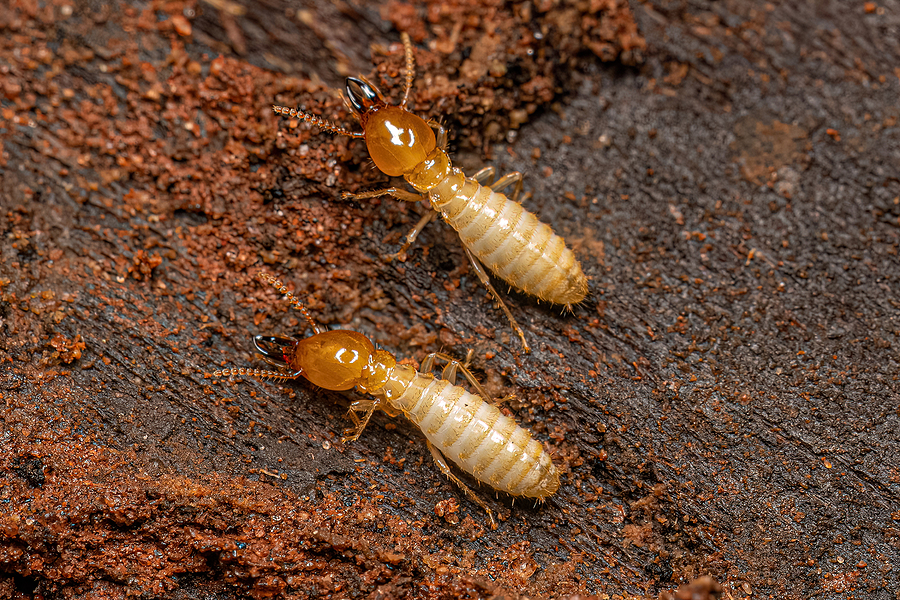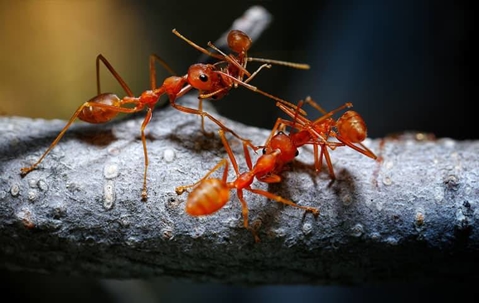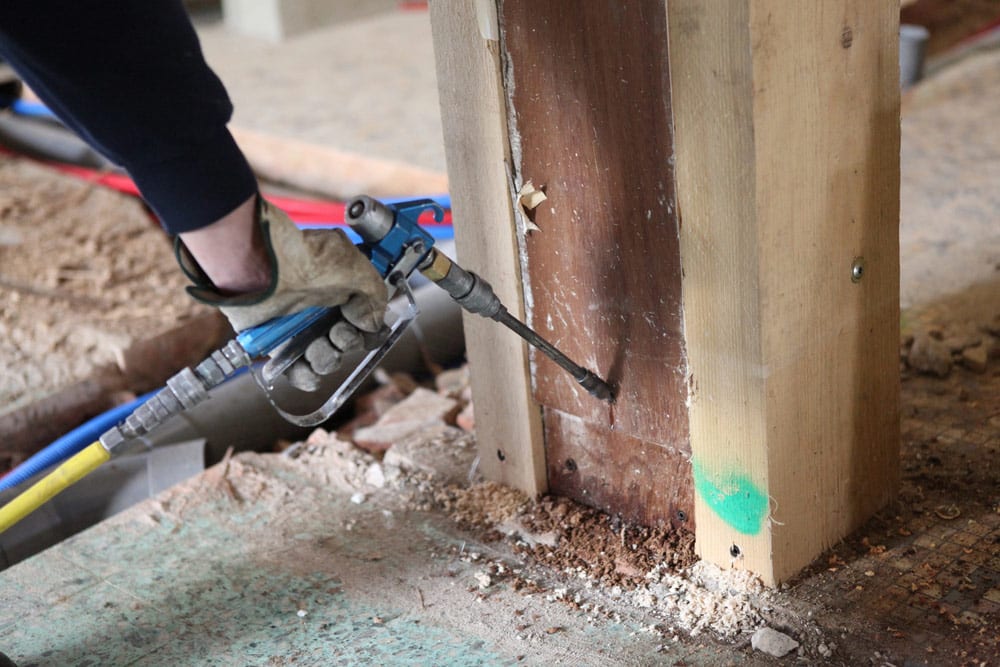Environmental Effect of Pest Control: Harmonizing Efficiency With Sustainability
The ecological effect of bug control is an important concern that calls for a delicate equilibrium between achieving efficiency in making certain and handling insects sustainability of our ecological communities. As we make every effort to safeguard our plants, homes, and health and wellness from the hazards posed by insects, the approaches we use can inadvertently damage the atmosphere. From making use of hazardous chemicals that permeate into our soil and water to the unplanned effects on non-target varieties, the consequences of conventional bug control techniques are significant. However, there are emerging techniques that provide expect an extra sustainable technique to pest monitoring. These remedies not only aim to deal with the immediate insect troubles but additionally take into consideration the lasting health of our world.
Damaging Chemicals in Bug Control
The usage of unsafe chemicals in bug control postures considerable ecological and health dangers that necessitate mindful consideration and reduction approaches. Insecticides, pesticides, and herbicides are generally utilized to eliminate insects, but their prevalent application can cause unplanned consequences. These chemicals can pollute dirt, water resources, and the air, influencing not just the targeted insects yet additionally valuable bugs, wild animals, and humans.

To attend to these threats, integrated insect administration (IPM) methods are being advertised as an extra sustainable option. IPM includes a mix of techniques such as biological control, habitat manipulation, and the targeted use of chemicals as a last option (ant control wesley chapel nc). By taking on a holistic strategy to pest control, we can reduce the ecological and health and wellness influences associated with damaging chemicals while efficiently managing pest populaces
Influence On Non-Target Types
Thinking about the unintentional consequences of bug control techniques, the effect on non-target types is an important aspect that calls for complete assessment. While parasite control procedures aim to target certain pests, various other organisms in the environment may be unintentionally affected. Non-target types, including helpful insects, birds, animals, and also plants, can experience straight or indirect damage from chemical applications or biological control approaches.
Insecticides developed to fight a certain insect bug might damage pollinators like or all-natural killers such as ladybugs. Organic control representatives, if not species-specific, can posture threats to unplanned targets, interfering with the ecological equilibrium.
To mitigate the impact on non-target species, integrated pest monitoring (IPM) approaches that stress an all natural strategy to pest control are advised. These approaches prioritize making use of ecologically friendly practices, decreasing injury to advantageous organisms while effectively taking care of pest populaces. Carrying out extensive danger assessments and keeping track of the outcomes of pest control initiatives are necessary action in protecting non-target species and advertising total ecological community health and wellness.
Soil and Water Contamination
Unintended ecological effects of insect control methods prolong past influencing non-target types, with substantial implications for dirt and water contamination - ant control. Chemicals, herbicides, and chemical plant foods used in parasite control can leach right into the soil and contaminate groundwater, posturing a danger to both aquatic and terrestrial environments.
Water contamination is another critical issue linked with parasite control methods. To alleviate soil and water contamination from insect control activities, incorporated parasite monitoring methods that prioritize sustainability and reduce chemical inputs are essential.
Air Pollution From Chemical Use
Direct exposure to airborne chemicals during farming applications poses a considerable problem for air pollution control steps. When pesticides are splashed onto plants, they can volatilize into the air and kind unpredictable natural compounds (VOCs) and various other airborne pollutants. These chemicals can add to the formation of ground-level ozone, a significant component of smoke that can have harmful effects on human wellness, crop performance, and overall air top quality. In addition, pesticide drift, where chemicals are brought by the wind to unintended areas, can lead to the contamination of close-by ecosystems and water bodies.

Strategies for Sustainable Bug Control
In the world of farming techniques, implementing sustainable bug control approaches is paramount for preserving environmental equilibrium and guarding plant returns. Lasting parasite control emphasizes the usage of eco pleasant approaches to take care of parasite populations successfully while lessening injury to non-target microorganisms and ecological communities. Integrated Parasite Monitoring (IPM) is an extensively taken on strategy that incorporates organic, social, physical, and chemical control techniques to accomplish long-lasting insect administration services.
One secret technique in sustainable pest control is advertising biodiversity within agroecosystems. By boosting all-natural opponents of insects, such as parasitoids and predators, farmers can lower the demand for artificial pesticides. Crop turning and diversity are likewise effective techniques to interfere with pest life process and produce much less positive conditions for bugs to prosper. In addition, utilizing pest-resistant crop see here selections and using methods like trap chopping can help in reducing parasite stress without relying greatly on chemical treatments. Ultimately, by incorporating these sustainable pest control approaches, farmers can accomplish a balance in between pest management performance and ecological stewardship.
Conclusion
Finally, the environmental effect of parasite control methods have to be very carefully taken into consideration to balance performance with sustainability. Hazardous chemicals utilized in pest control can result in dirt and water contamination, air contamination, and harm non-target types - ant control. It is important to apply sustainable insect control methods to decrease these negative impacts on the atmosphere and advertise a much healthier ecosystem for future generations
By embracing an alternative strategy to pest control, we can lessen the ecological and health impacts associated with dangerous chemicals while properly managing pest populations.

To reduce the air contamination triggered by chemical use, it is crucial to embrace incorporated parasite administration methods that prioritize the usage of non-chemical parasite control techniques, such as plant rotation, natural killers, and resistant plant selections. Sustainable bug control emphasizes the usage of ecologically friendly approaches to take care of bug populaces efficiently while decreasing harm to non-target microorganisms and ecosystems. Integrated Insect Monitoring (IPM) is an extensively adopted technique that incorporates biological, cultural, physical, and chemical control techniques to attain lasting pest administration options.